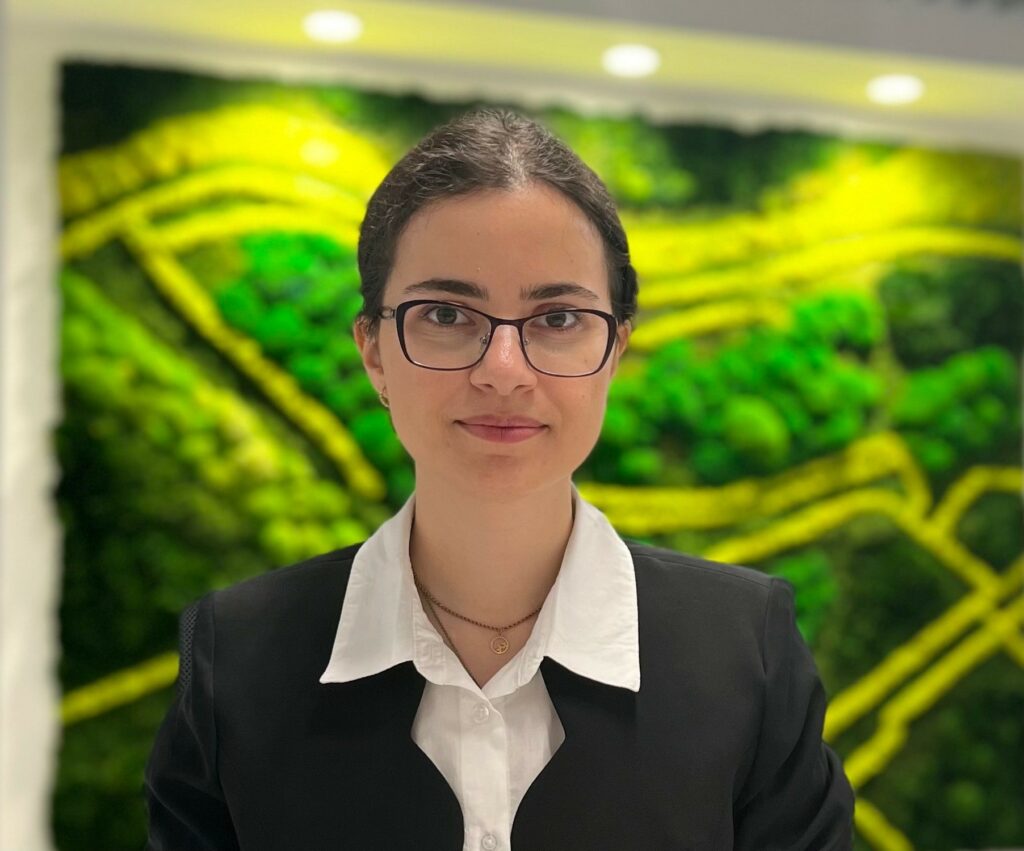Biography:
Fateme is a Ph.D. candidate in geophysics at Carleton University. She received her B.Sc. in Mining Exploration engineering in 2014 and her M.Sc. in Petroleum Exploration Engineering in 2016 from the University of Tehran. She graduated as the first-ranked student of the department in both her B.Sc. and M.Sc. Following her M.Sc. studies, she gained over two years of work experience in a consulting company as a petrophysicist, studying well logs and petrophysical data of different reservoirs. She is currently working with funding from the Geological Survey of Canada (Research Affiliate Program scholarship) for her Ph.D. research and is a teacher and research assistant at Carleton University. She is working under the supervision of geophysicists Mr. Jim Craven, Dr. Dariush Motazedian, and Dr. Steve Grasby.
Project: Three-Dimensional Modeling of Geothermal Systems in The Garibaldi Volcanic Belt, Canada, Using Magnetotelluric Data
Fateme’s Ph.D. thesis focuses on the use of audio-magnetotelluric (AMT) data to explore for shallow geothermal resources in the Garibaldi Volcanic Belt in BC’s Southwest Region. This research project aims to identify the influence of fault and fracture networks on permeability and shallow fluid circulation at the Mount Meager Volcanic Complex. Combining the new AMT data with legacy magnetotelluric (MT) and 3-D inversion techniques, she is developing a new electrical resistivity model which provides information about the hydrothermal system and fluid flow in the subsurface of Mount Meager. She will incorporate well logs and petrophysical and fluid properties into the model to examine the influence of fracture and fault networks on the physical properties of the rock. Subsequently, reservoir characteristics and petrophysical trends will be estimated and optimized for the survey area, using machine learning algorithms. Furthermore, this project will contribute to the development of conceptual models of the hydrothermal system flow regime, which could be utilized for mitigating the risk of resource development.
